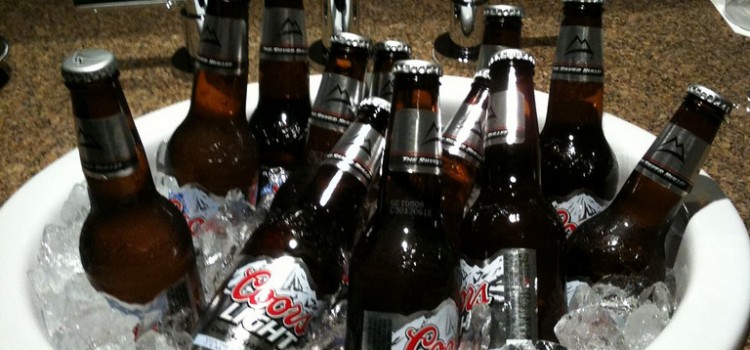 Besides water, alcohol is one of the oldest beverages in history. Beer was believed to be consumed as early as 10,000 BC (a staple item in many households even before bread) and wine was drunk by early Egyptians around 4,000 BC. As a result, alcoholism is one of the oldest forms of addiction. Millions of families are affected each year by the abuse of alcohol in the home and DUI related accidents. In order to stop this cycle of violence and abuse, we must first be aware of the risk factors.
Besides water, alcohol is one of the oldest beverages in history. Beer was believed to be consumed as early as 10,000 BC (a staple item in many households even before bread) and wine was drunk by early Egyptians around 4,000 BC. As a result, alcoholism is one of the oldest forms of addiction. Millions of families are affected each year by the abuse of alcohol in the home and DUI related accidents. In order to stop this cycle of violence and abuse, we must first be aware of the risk factors.
- Gender. A study by Yale University found that when upset or stressed men are more likely than women to crave alcohol. This is confirmed further by statistics which show that men are more likely to become dependent on alcohol than women. The inherent ability of men to consume more alcohol than women puts them at even greater risk.
- Age. The age that one starts drinking is also a contributing factor as to whether or not someone will abuse alcohol. Those who begin drinking at an early age, around 16 or younger, are more likely to develop a drinking problem than those who begin drinking when they are much older.
- Genetics. Family history is an important thing to consider before beginning to drink. Genetic research has shown that there are genes that contribute to increased alcohol consumption. If your family has a history of alcohol abuse, you will be more susceptible to addiction. This extends further into the environment in which you were raised. Children raised in homes with alcoholics are at an increased risk of becoming alcoholics than those that were not raised around alcoholism.
- Psychological disorders. Because of the increased strain that often accompanies an emotional disorder, it is also considered a risk factor for alcoholism. People who suffer from disorders such as attention deficit disorder (ADD) or depression are at increased risk for alcohol abuse. Alcohol is mood altering and is, therefore, more appealing to those suffering from emotional instability or lows.
Unfortunately for many, alcoholism has already begun to set in. Unlike drug addiction, the signs and symptoms alcohol abuse are gradual. If you suspect that someone you love is suffering from alcoholism there are several signs to look for, including:
- Irritation when alcohol is unavailable
- Drinking large amounts of alcohol at one time
- Lack of interest in former activities
- Drinking in secret
- Increased craving for alcohol
- Hiding alcohol in unlikely places
- Increased forgetfulness
- Experiencing withdrawals: nausea, shaking, sweating
- Increased relational problems
If you or a loved one is experiencing these symptoms of alcohol abuse and dependence, you can begin by talking to your doctor. There are many tests and screenings currently available to help diagnosis the problem early on.
Alcoholism, when left untreated, will continue to cause emotional damage with the individual and their family, as well as physical damage to the body. The more we are aware of the dangers and risk factors for alcoholism, the greater steps we can take towards preventing it.
